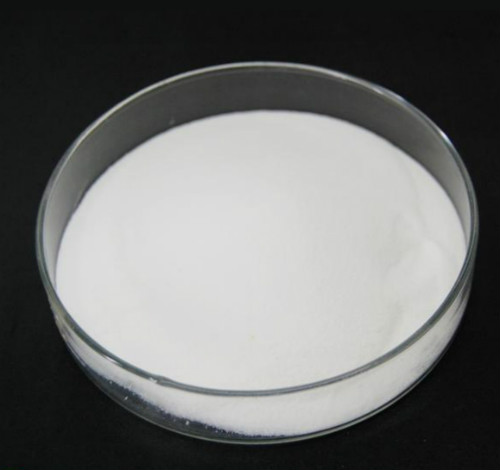Magnesium Phosphate: Unveiling Safety and Uses in Food
2023-08-28
Introduction:
Magnesium phosphate, specifically trimagnesium phosphate or trimagnesium diphosphate, is a compound that has generated interest in the food industry due to its potential health benefits. As a source of magnesium, an essential mineral, magnesium phosphate is being explored as a food additive and nutritional supplement. In this article, we delve into the safety considerations and potential uses of magnesium phosphate in the context of food consumption.
Understanding Magnesium Phosphate:
Magnesium phosphate refers to various compounds that contain magnesium and phosphate ions. Trimagnesium phosphate, or trimagnesium diphosphate (chemical formula: Mg3(PO4)2), specifically refers to a salt composed of magnesium and phosphate. It is typically a white, odorless powder that is insoluble in water.
Safety Considerations:
Magnesium phosphate, including trimagnesium phosphate, is generally recognized as safe for consumption when used within regulatory guidelines. It has been evaluated by food safety authorities such as the U.S. Food and Drug Administration (FDA) and the European Food Safety Authority (EFSA). However, it is important to note that individual sensitivities or health conditions may warrant consultation with healthcare professionals before consuming foods with magnesium phosphate.
Role in Food:
Magnesium is an essential mineral that plays a vital role in various physiological processes in the human body, including muscle and nerve function, energy production, and bone health. As a result, magnesium phosphate is being explored as a potential nutritional supplement and food additive to increase magnesium intake.
Potential Uses:
- Nutritional Supplements:
Magnesium phosphate may be used as a dietary supplement to increase magnesium levels in individuals who may have deficiencies or inadequate dietary intake. It is being studied for its potential benefits in supporting bone health, cardiovascular function, and overall well-being. - pH Adjuster and Stabilizer:
Magnesium phosphate salts can serve as pH adjusters and stabilizers in food products. They help regulate acidity levels, enhance flavor profiles, and contribute to the stability and shelf life of various foods and beverages. - Food Fortification:
Magnesium phosphate may be used to fortify certain foods and beverages with magnesium, providing an additional source of this essential mineral. Fortified products can help individuals meet their daily recommended intake of magnesium, especially in cases where dietary sources may be limited. - Baking Applications:
In baking, magnesium phosphate can act as a dough conditioner, improving texture, moisture retention, and overall quality of baked goods. It contributes to the desirable characteristics of bread, cakes, and pastries, ensuring a more consistent and appealing end product.
Benefits of Magnesium Phosphate:
Magnesium, as a vital mineral, offers various health benefits when consumed in appropriate amounts. It supports nerve and muscle function, helps maintain a healthy heart rhythm, aids in energy metabolism, and contributes to bone health. Incorporating magnesium phosphate into the diet can be an effective way to supplement magnesium intake, especially for individuals with deficiencies or specific dietary requirements.
Conclusion:
Magnesium phosphate, particularly trimagnesium phosphate or trimagnesium diphosphate, is considered safe for consumption and holds potential as a nutritional supplement and food additive. As a source of magnesium, it offers various health benefits and may contribute to overall well-being. However, it is important to adhere to regulatory guidelines and consult with healthcare professionals, particularly for individuals with specific dietary needs or health conditions. As research continues, the potential uses and benefits of magnesium phosphate in food are being further explored, offering an avenue for improving magnesium intake and enhancing the nutritional profile of various food products.


